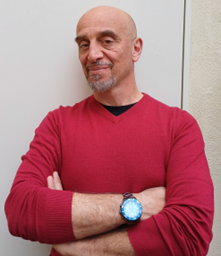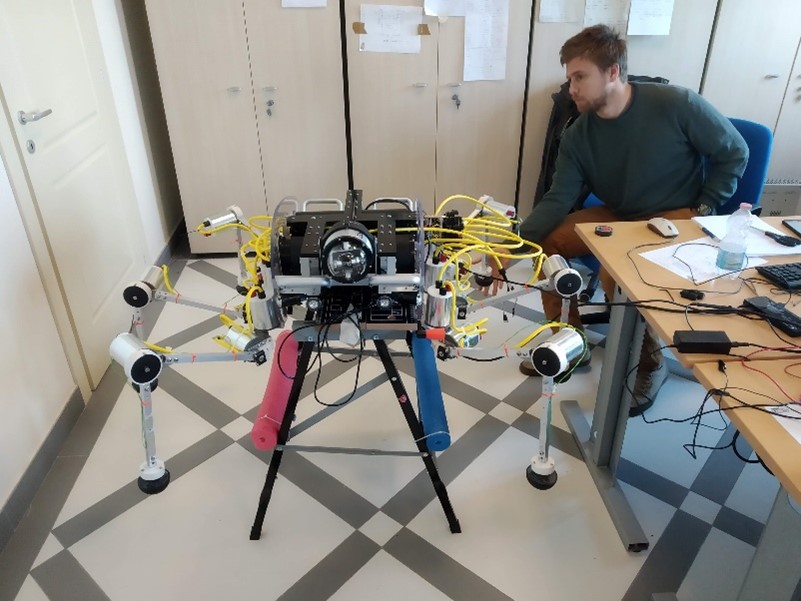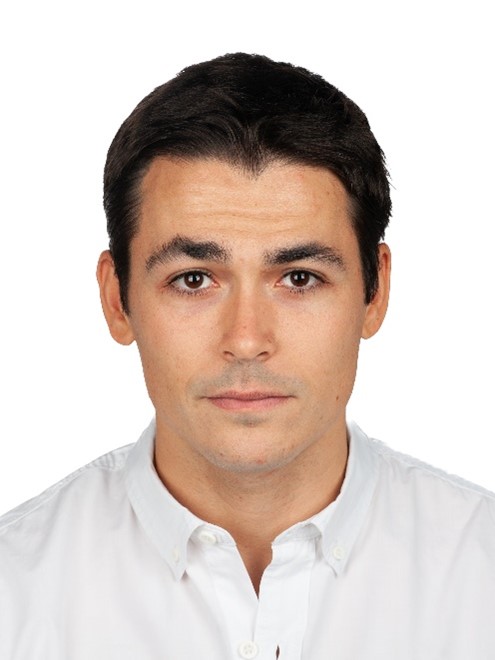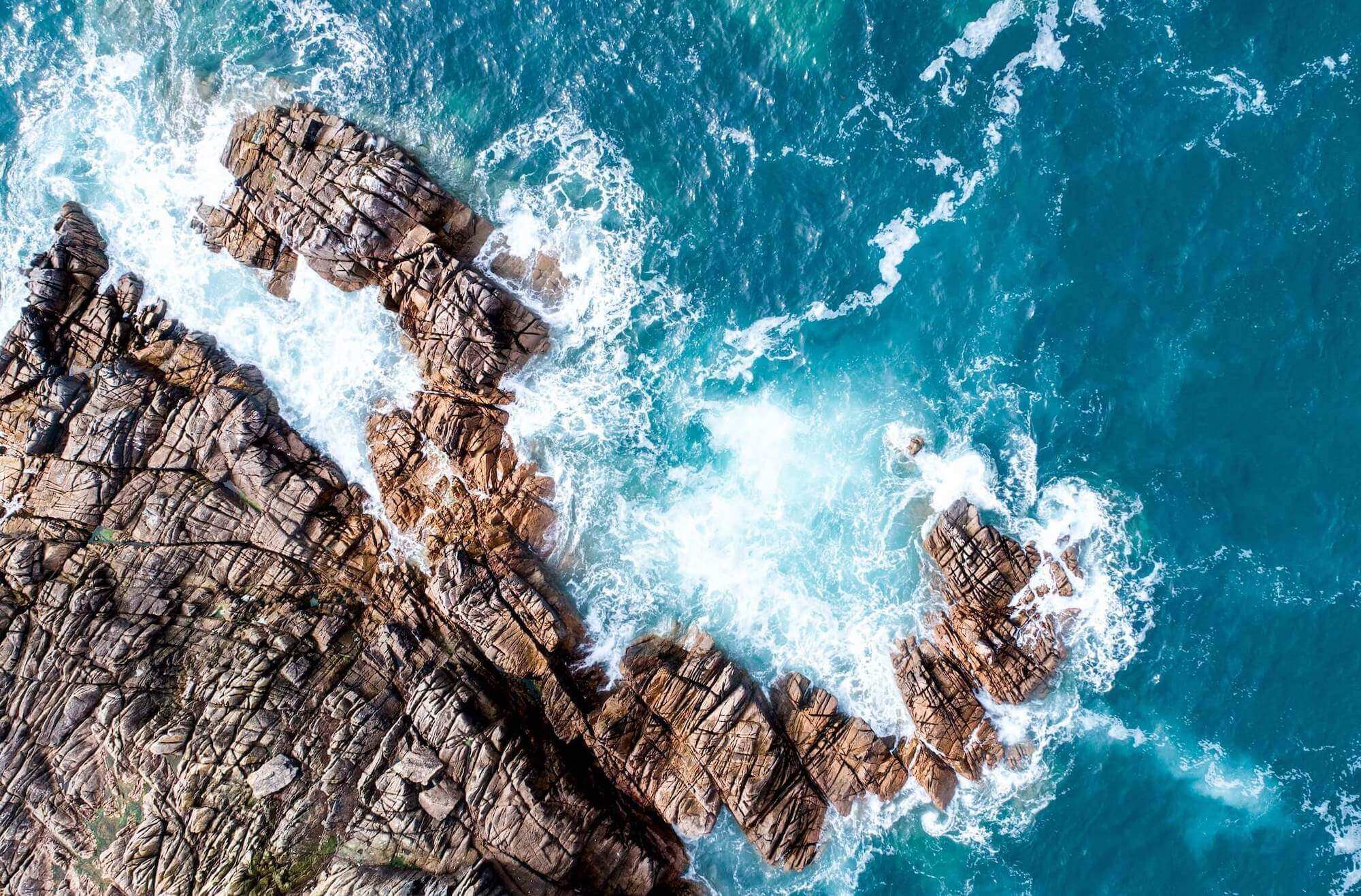
The Spanish National Research Council (Consejo Superior de Investigaciones Científicas, CSIC) is Spain’s largest public institution dedicated to scientific research and technological development. Established in 1939, CSIC plays a crucial role in promoting scientific progress and collaborating with both national and international entities. The Institut de Ciències del Mar (ICM), part of the Spanish National Research Council (CSIC), focuses on marine research. Their motto is “Ocean Science for a Healthy Planet,” and they work on ocean-climate interactions, conservation, sustainable marine ecosystems, and mitigating natural and human-induced hazards.
One key research group, “Exploring the effects of stressors and forcing processes on marine ecosystems,” investigates the impacts of stressors on marine life and human activities, with a focus on fisheries, aquaculture, and climate change. Their research is divided into four main areas:
- Scientific tools for ecosystem-based fishery management.
- Functional biodiversity and ecosystem vulnerability.
- Studies on physiology, reproduction, immunology, ecotoxicology, and genetics in marine species.
- Technological solutions for monitoring ecosystems and animal behavior.
Team members

Jacopo Aguzzi
The acquisition and treatment of data generated by new technologies is one of the greatest and most relevant challenges in marine science. Dr. Jacopo Aguzzi has more than 15 years of research experience in using underwater cabled observatories and their docked robotic mobile counterparts for the long-term (from months to years and decades) ecosystem monitoring and characterization of animal behaviour in situ. The overarching goal of his research is to relate the presence (and behaviour) of marine species to overall changes in sampled richness and biodiversity at different temporal scales and under environmental control regimes.
His research is also focusing on the use of animal-borne, miniature electronic tags (biologgers) that are attached to a wide range of taxa to track and monitor motile species in the wild. These tools also have the capacity to simultaneously measure environmental parameters driving individuals’ behaviour, and diel, tidal, seasonal, and inter-annual (i.e., Lotka-Volterra dynamic based) demographic patterns in ecological communities. All those technologies and data collection practices are pursued for the establishment of best monitoring approaches to extract ecological indicators compliant with EU policy requirements. To date Dr. Aguzzi participated in 170 research articles, 6 book chapters, and in more than 200 National and International conferences. He is the manager for the “ecological monitoring” and “citizen science” of the EMSO Testing-Site OBSEA (www.obsea.es). From 2016 to 2019, he was a Scientific Advisor for the Ocean Network Canada (ONC) for the Section “Life in the Environments of the Northeast Pacific Ocean and the Salish Sea”. He is presently participating in different international Committees-Bodies, for example, the Working Group on Nephrops Surveys (WGNEPS) of the International Council for the Exploitation of the Sea (ICES).

Giacomo Picardi
Giacomo is a post-doctoral fellow at the Instituto de Ciencias del Mar (ICM-CSIC). He obtained a PhD in Biorobotics at the Scuola Superiore Sant’Anna in Pisa, Italy (SSSA). In 2022, he was awarded a Marie Skłodowska-Curie Actions Individual-Fellowship (BluE – ID: 101061354) to conduct postdoctoral research at ICM-CSIC on ecological monitoring application of underwater legged robots. His research interests are related to the development and control of bioinspired robots for underwater operations, precision agriculture and biomedical applications.

Jorge Aguirregomezcorta Aina
Jorge is a PhD candidate at the Instituto de Ciencias del Mar (ICM-CSIC). He brings a multidisciplinary approach to solving complex challenges in autonomous systems with his background in AI engineering, computer science, and video game development. His research interests focus on the integration of AI-driven control strategies in autonomous underwater vehicles (AUVs) and unmanned surface vehicles (USVs). His goal is to contribute to the MERLIN project by developing next-generation autonomous marine systems capable of revolutionizing ocean exploration and supporting sustainable practices.

Ivan Masmitja
His interest is in using new algorithms and robotic platforms to study the movement of marine organisms and a wide range of other marine topics. PhD in Electronic Engineering (January 2020). He has extensive experience in electronic design, programming (Python, MATLAB, LabView, C++), embedded platforms, machine-learning algorithms, and experiment design. He has been working with range-only target tracking methods with autonomous underwater vehicles, and has implemented (multi-agent) reinforcement learning algorithms to increase the vehicles’ performance and tracking capabilities. Throughout his career, I. Masmitja participated in various field experiments, projects, and teaching, as well as advising graduate and undergraduate students. He is very interested in working with multi-disciplinary teams to join efforts towards protecting the ocean.
In 2020, I. Masmitja was awarded a postdoctoral Marie Skłodowska-Curie Actions Individual-Fellowship Global-Fellowship (AIforUTracking – ID:893089). He has conducted part of his postdoctoral research at the Monterey Bay Aquarium Research Institute – MBARI (California, USA), one of the world’s top non-profit companies related to marine research, and at ViCOROB research group form Universitat de Girona. He did part of his PhD studies at Isen Yncréa Ouest – Site De Brest (France), and MBARI. Right now, he is a Ramon y Cajal postdoc researcher at Instituto de Ciencias del Mar (ICM-CSIC).

